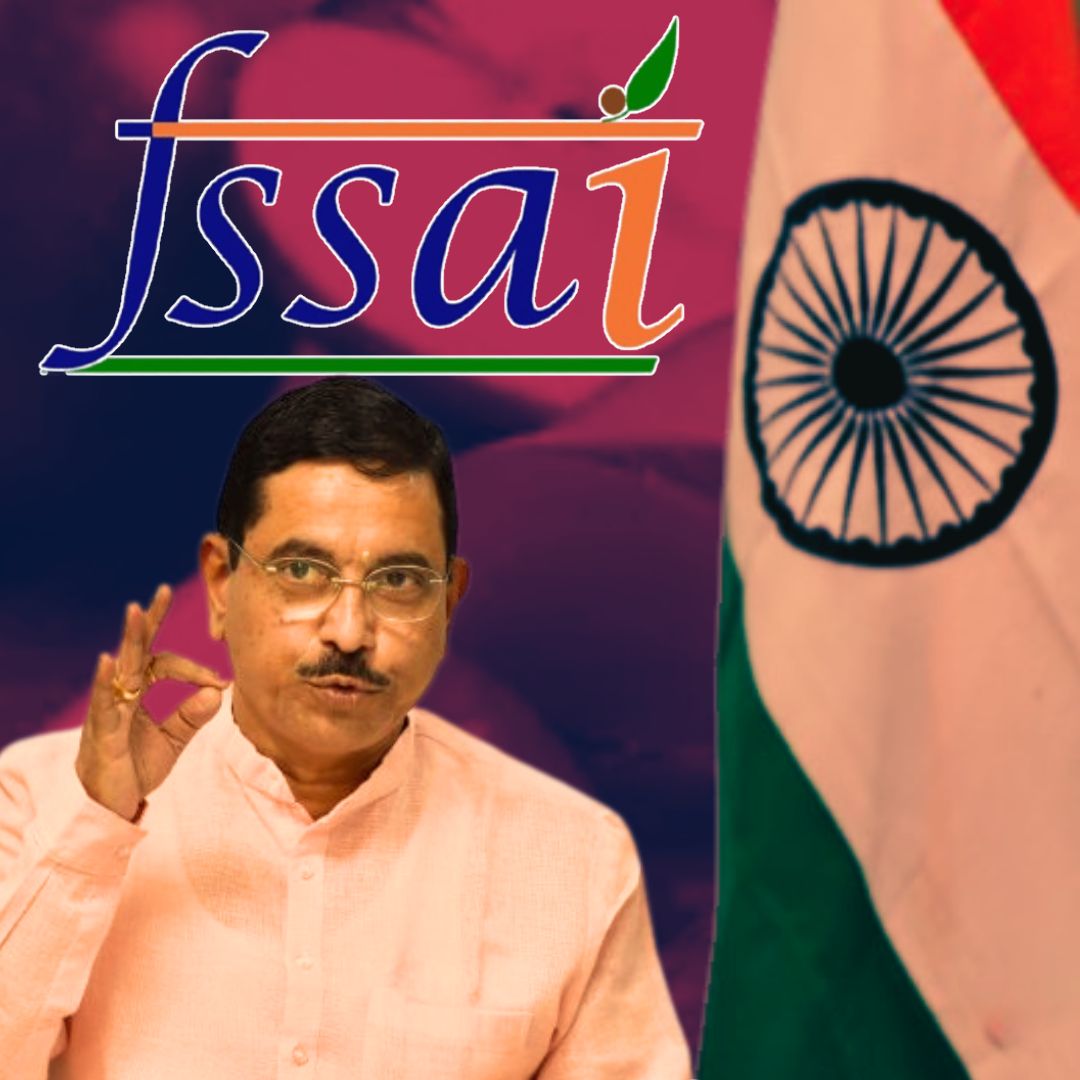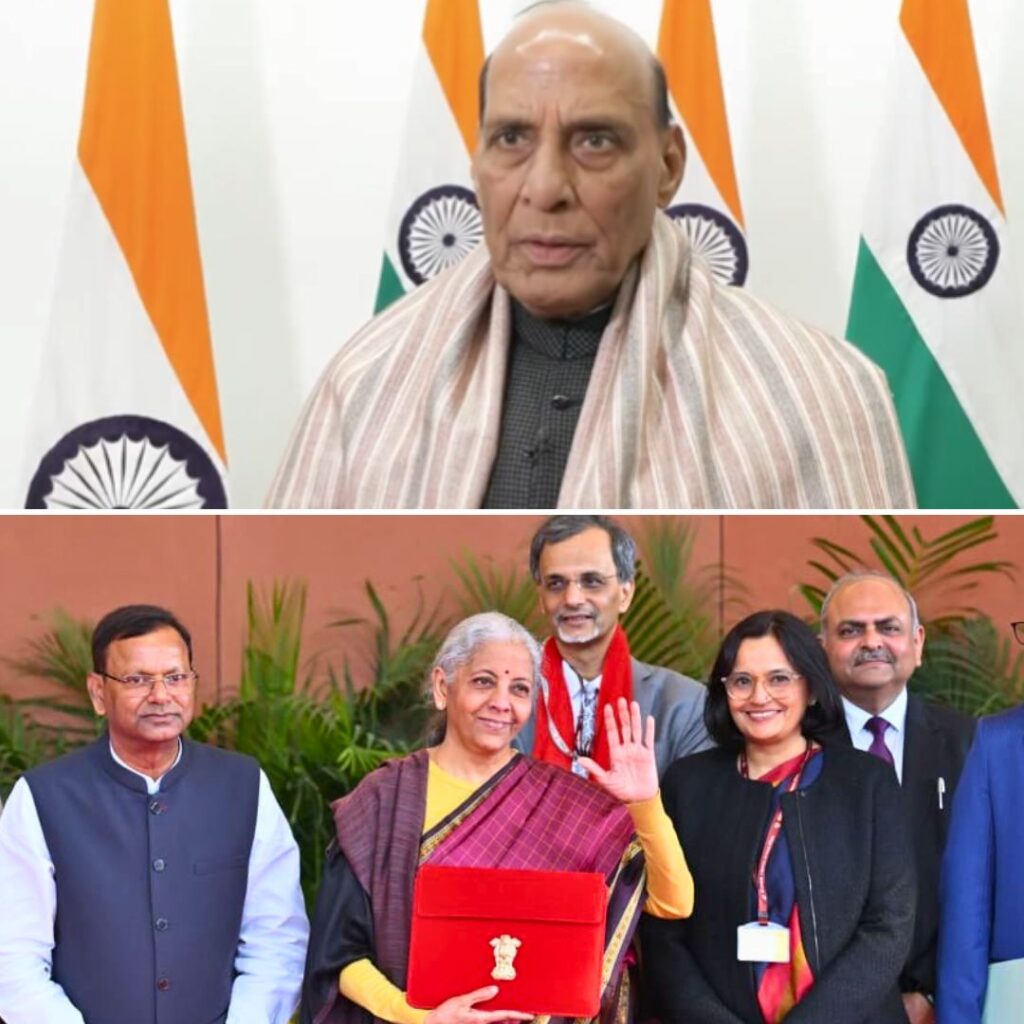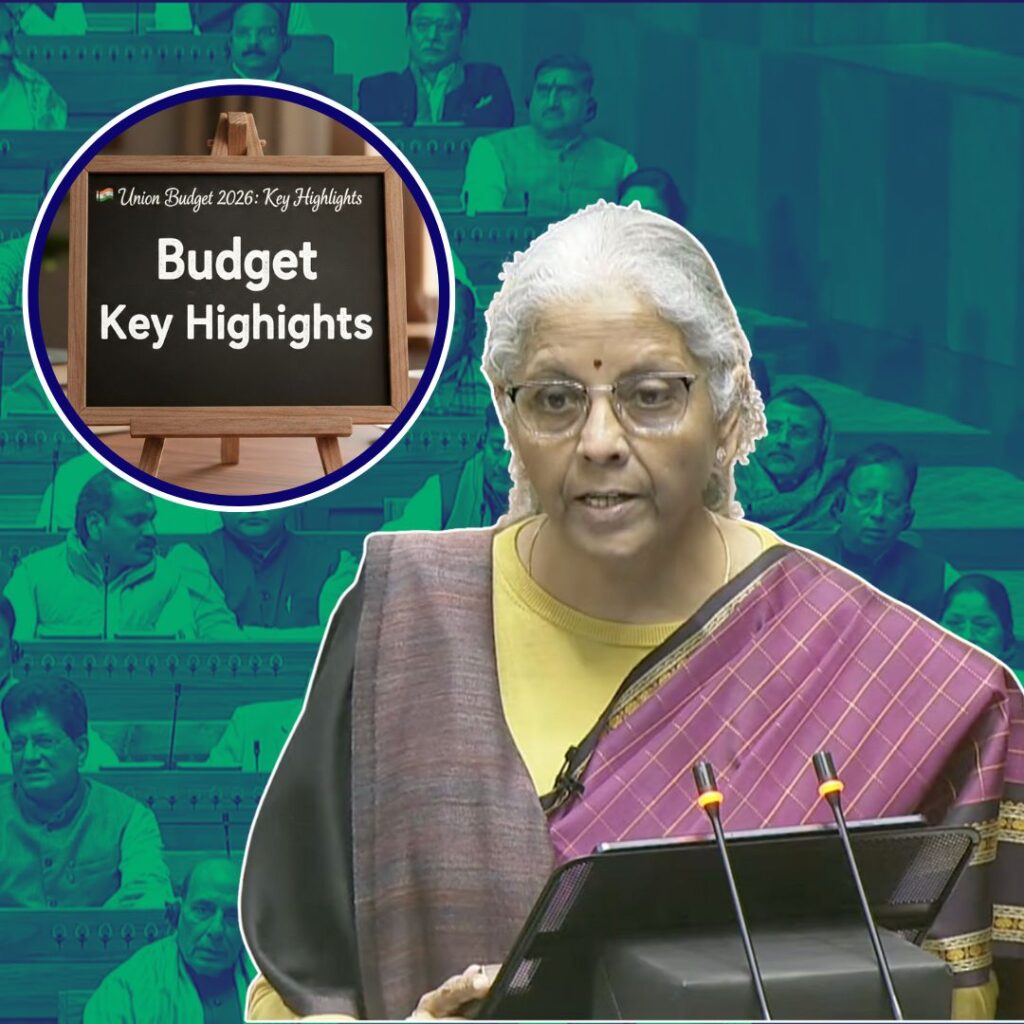India has recently rejected food consignments from China, Bangladesh, Sri Lanka, Japan, and Turkey due to concerns over food safety and quality. The Food Safety and Standards Authority of India (FSSAI) stated that these consignments failed to meet the required standards, raising alarms about potential health risks. This decision reflects India’s growing vigilance in food safety regulations amidst increasing imports. Stakeholders, including exporters and consumers, are urged to ensure compliance with safety norms to avoid similar rejections in the future.
Concerns Over Food Safety Standards
The FSSAI’s decision to reject these food consignments was based on stringent inspections that revealed non-compliance with safety regulations. Officials highlighted that the rejected items included various food products that did not meet the established quality benchmarks. An FSSAI spokesperson stated, “Our priority is to ensure that all food entering India is safe for consumption. We will not compromise on public health.” This move underscores India’s commitment to safeguarding consumer interests while maintaining high standards in food imports.
Background on Food Import Regulations
This rejection of food consignments comes in the wake of increasing scrutiny over imported goods, particularly after several incidents involving contaminated products from overseas suppliers. In recent months, there have been multiple alerts regarding food safety violations, prompting Indian authorities to tighten regulations further. The FSSAI has been proactive in conducting inspections and enforcing compliance to protect public health, reflecting a broader trend of nations prioritizing food safety amid global supply chain challenges.
The Logical Indian’s Perspective
At The Logical Indian, we believe that ensuring food safety is paramount for public health and well-being. This recent action by the FSSAI is a necessary step towards fostering a culture of accountability among food exporters. We encourage all stakeholders to engage in constructive dialogue about food quality and safety practices. How can we collectively work towards better compliance and transparency in food imports? We invite our readers to share their thoughts and experiences on this vital issue.












